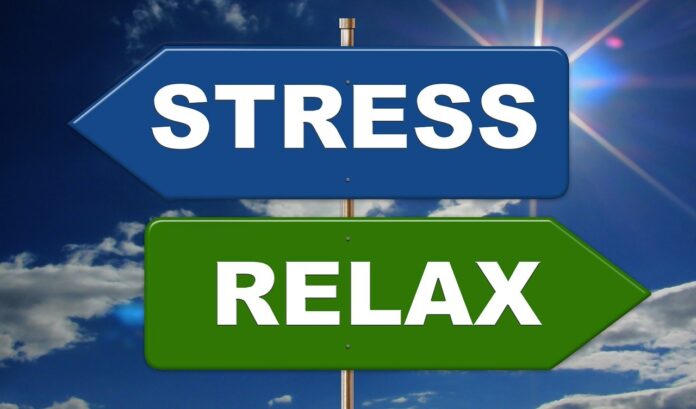The pandemic stress is real and it possess a huge threat to public health. A latest study published in the journal PLOS ONE suggests that every one in three Americans is suffering from anxiety or depression. The study conducted by the research team from Duke-NUS Medical School (SN) tried to evaluate the stress caused by pandemics and revealed that a large population is at high risk.
As the COVID-19 pandemic continues to spread worldwide, isolation, lockdown, and social distancing are causing extreme mental stress everywhere. Thousands of people have reported anxiety, insomnia, sleep irregularities, and post-traumatic stress which are somehow associated with the pandemic. But there are some risk factors that increase the chances of psychological problems in adults during this difficult pandemic period.
Also read- Can You Take a Painkiller After Getting a COVID-19 Vaccine?
All of these factors are necessary to plan new COVID-19 preventive plans and especially if these plans are targeted toward a specific community or population that is highly vulnerable to psychological disorders. This study was a meta-analysis of nearly 68 independent studies from19 different countries and evaluated 288,830 people. The aim of this study was to assess which risk factors cause stress among people.
They found certain groups of people are most affected by a pandemic like COVID-19 which includes women, low-income families, rural communities, and younger adults. In addition to this, people who are highly susceptible to contract coronavirus may also suffer from pandemic-related stress.
Depression and anxiety are typically more common among women as compared to men. Unavailability of not given preference to receive proper healthcare can also be responsible for making women more likely to be stressed. Health experts suggest all mental health programs should specifically target women.
People who are under 35 years of age are the most commonly hit group by stress as compared to people over 35 years of age. There is no underlying reason to explain it but there are high chances that it because of the inability to access pandemic-related information by the older people.
Many other factors that can affect stress levels include the location of a person, education level, annual income, unemployment rate, and having risk factors for coronavirus. All public and private health bodies should be aware of the psychological distress caused by a pandemic while formulating preventive plans. All of these strategies should encourage people to get help, especially to mental health services.
Also read- Turmeric May Help to Treat Acid Reflux At Home
Even after the COVID-19 vaccine approvals, the situation has not much changed. The biggest fear igniting this pandemic stress is that it is not going to end soon. The vaccines are newly introduced and it will take some time to evaluate their effects on people. Many people who have received the first dose of the COVID-19 vaccine have reported some side effects which has increased this COVID-19 stress, implying that vaccines are probably not going to help.
It is least likely for the COVID-19 vaccines to cause any allergies or side effects. But some people may feel itching or swelling at the injection site. Some of them may also experience pain or fever after receiving the vaccine but these reasons should not affect a person’s decision to get this vaccine. The only way to finally get rid of this pandemic is by vaccinating everyone. Once people develop immunity against this virus, it will be easier to get over it.




